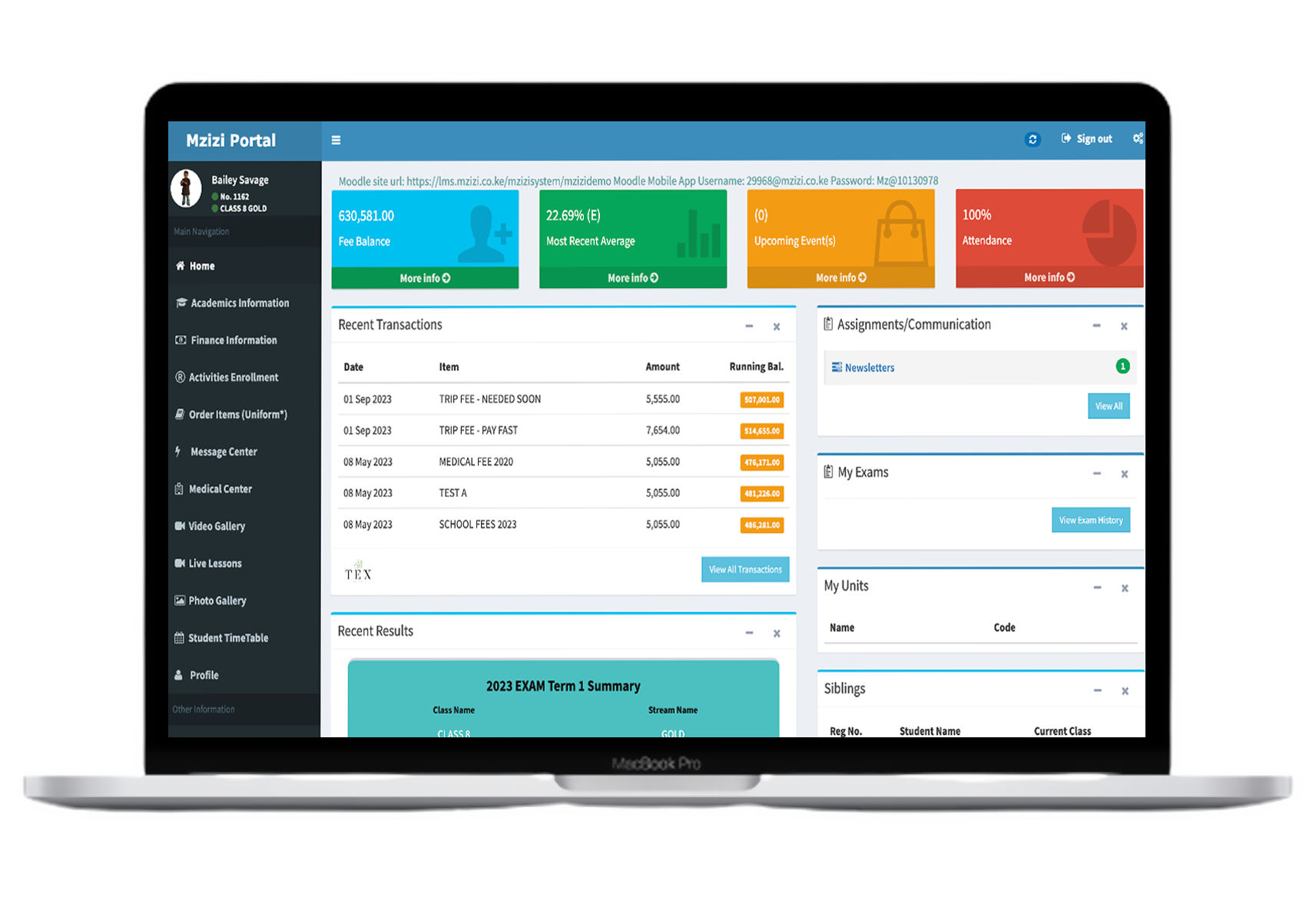

Embracing the CBC in Primary Education
The Competency-Based Curriculum (CBC) marks a significant shift in Kenyan education, moving away from traditional exam-oriented approaches towards a more holistic and skills-based framework. As schools embark on this transformative journey, it is crucial to fully embrace and integrate CBC into all aspects of school operations and pedagogy. This guide provides a comprehensive roadmap for schools to navigate the CBC landscape effectively and empower their students to thrive in the 21st century.
Key Principles of the CBC Curriculum
-
Focus on Competencies: The curriculum focuses on developing students' competencies, ensuring they acquire the skills and knowledge needed to succeed in various aspects of life.
-
Continuous Assessment: Assessment is an integral part of the learning process, providing students with regular feedback and enabling teachers to tailor instruction to individual needs.
-
Holistic Development: The CBC emphasizes the holistic development of students, nurturing their academic, social, emotional, and physical well-being.
-
Teacher-Led, Learner-Centered Approach: The curriculum promotes a teacher-led, learner-centered approach, encouraging active participation and engagement from students.
Strategies for Fully Embracing and Integrating CBC
-
Establish a CBC Implementation Team: Create a dedicated team to oversee the CBC implementation process, ensuring clear communication, collaboration, and decision-making.
-
Conduct Comprehensive Teacher Training: Provide comprehensive teacher training on the CBC framework, objectives, assessment strategies, and teaching methodologies. Encourage ongoing professional development opportunities.
-
Create a Supportive Learning Environment: Foster a classroom culture that encourages active student participation, collaboration, hands-on learning, and critical thinking.
-
Implement Continuous Assessment Practices: Employ a variety of assessment methods, including formative assessments, summative assessments, and self-assessments, to track student progress and provide regular feedback.
-
Leverage Technology for CBC Implementation: Utilize school ERP system, online resources, and digital learning platforms to enhance instruction, provide personalized learning experiences, and facilitate communication.
-
Collaborate with parents and stakeholders. Engage parents in discussions about the CBC, provide regular updates on student progress, and encourage their involvement in the learning process.
-
Embrace a Culture of Continuous Improvement: Regularly review and adapt teaching strategies, evaluate the effectiveness of assessment methods, and seek feedback from teachers, students, and parents.
Conclusion
The successful implementation of the CBC requires a holistic approach that encompasses teacher training, curriculum adaptation, assessment strategies, and a supportive learning environment. By embracing the CBC's principles, empowering teachers, and fostering a culture of continuous improvement, schools can play a pivotal role in shaping the future of education in Kenya and preparing students for success.



